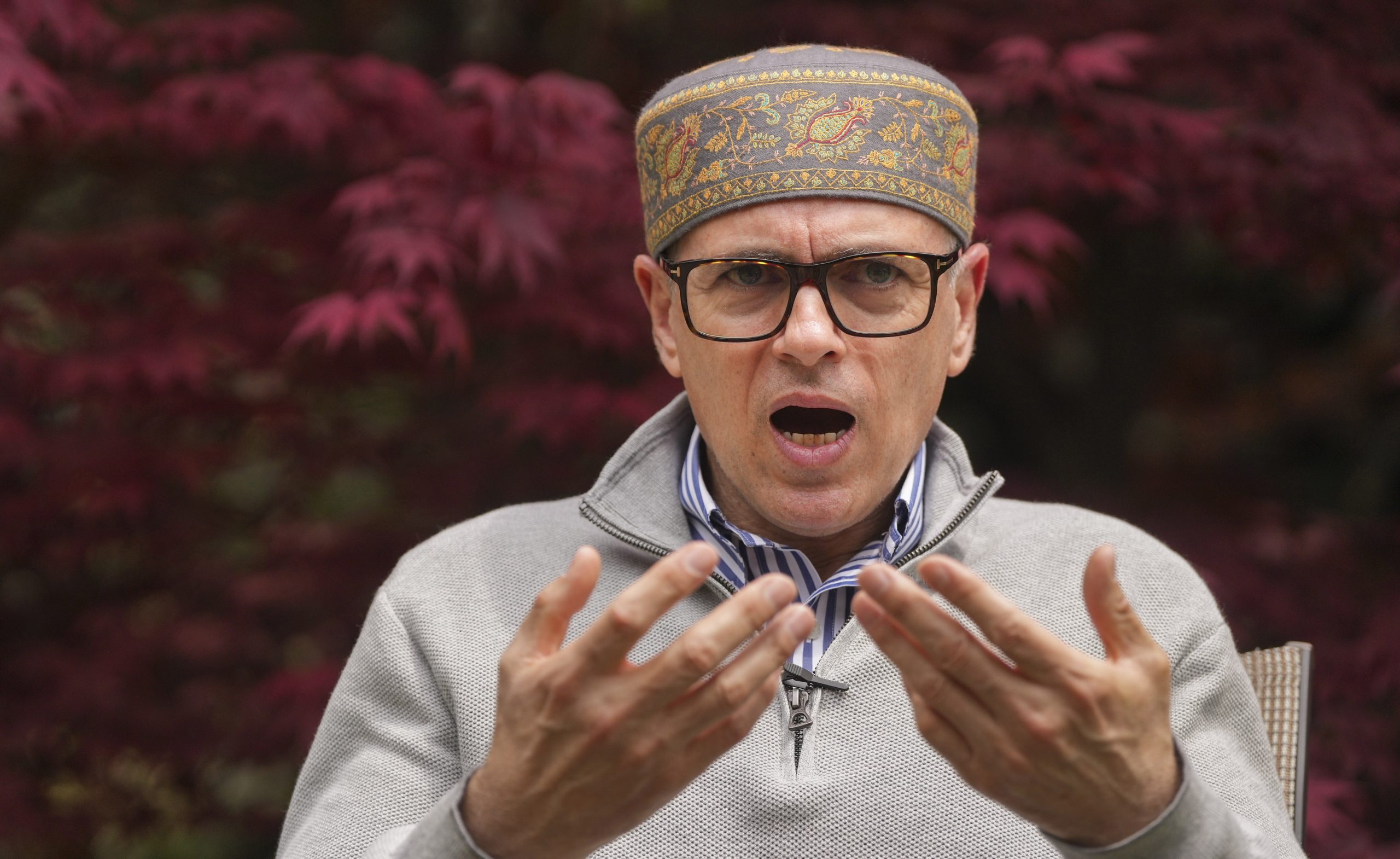
Omar Abdullah: J&K Transformed Post Article 370 Abrogation, Witnessing Destruction Everywhere
The abrogation of Article 370, which granted special status to Jammu and Kashmir, has undeniably reshaped the region’s political and social landscape. Former Chief Minister Omar Abdullah’s recent remarks about the aftermath of this historic move underscore the profound impact it has had on the lives of the people in the region.
Omar Abdullah’s assertion that “J&K changed after abrogation of Article 370, destruction everywhere” encapsulates the sentiments of many Kashmiris who have witnessed significant upheaval since August 5, 2019, when the Indian government revoked the special status accorded to the erstwhile state.
The revocation of Article 370 marked a significant departure from the decades-old framework that governed Jammu and Kashmir’s relationship with the Indian Union. It was a move that triggered a series of profound changes, both legal and administrative, in the region.
One of the most immediate and visible impacts of the abrogation was the imposition of strict security measures, including a communication blockade and the deployment of thousands of additional troops. These measures were aimed at maintaining law and order but also resulted in widespread disruptions to daily life, hindering access to essential services and information.
Furthermore, the revocation of Article 370 paved the way for the bifurcation of the state into two Union Territories: Jammu and Kashmir, and Ladakh. This administrative reorganization was accompanied by a flurry of legislative changes, including the enactment of new domicile laws and amendments to land ownership regulations, which sparked concerns about demographic changes and the erosion of local identity.
Omar Abdullah’s reference to “destruction everywhere” likely alludes to the economic and developmental setbacks faced by the region in the wake of the abrogation. The prolonged lockdowns and restrictions imposed in the aftermath of the decision took a heavy toll on the region’s economy, particularly sectors like tourism and agriculture, which are vital sources of livelihood for many Kashmiris.
Moreover, the continued detention of political leaders and activists, including Omar Abdullah himself, under draconian laws like the Public Safety Act (PSA), has fueled grievances and deepened the sense of alienation among the people of Jammu and Kashmir.
While the Indian government has maintained that the abrogation of Article 370 was necessary for the region’s development and integration with the rest of the country, critics like Omar Abdullah argue that it has only exacerbated existing tensions and pushed the region further into turmoil.
As Jammu and Kashmir grapples with the fallout of these seismic changes, the remarks made by Omar Abdullah serve as a poignant reminder of the challenges and uncertainties facing the region in the post-Article 370 era. Moving forward, it remains imperative for all stakeholders to engage in constructive dialogue and work towards addressing the legitimate grievances of the people while upholding the principles of democracy, justice, and inclusivity.

